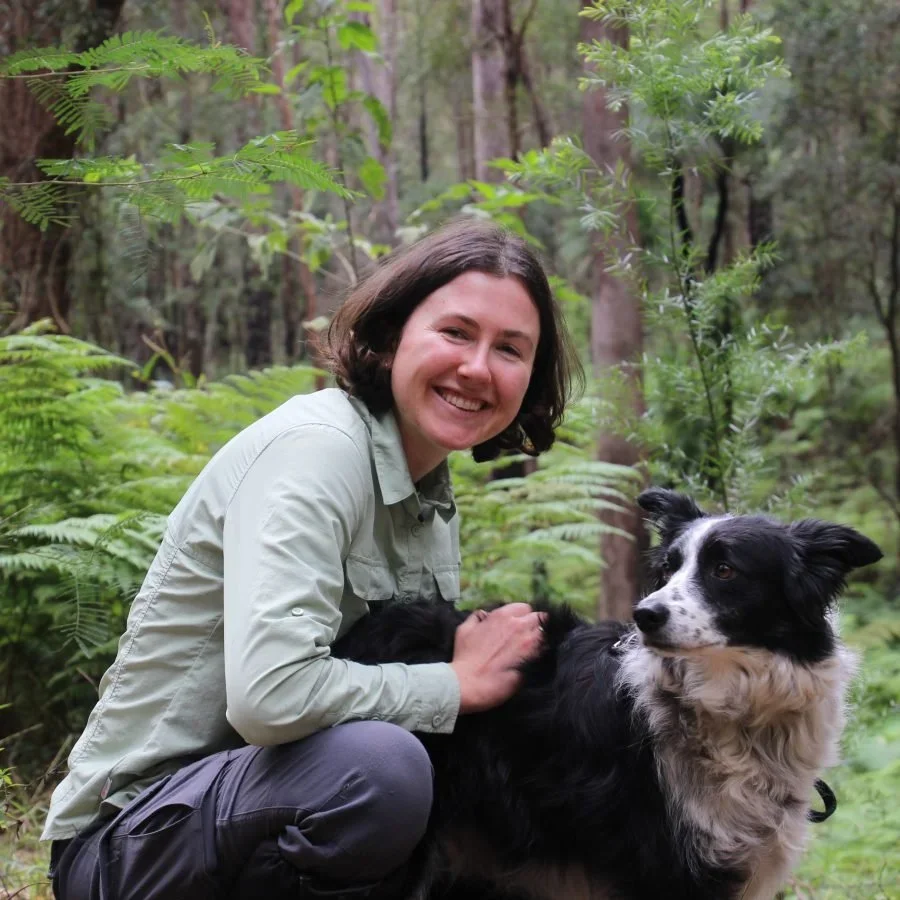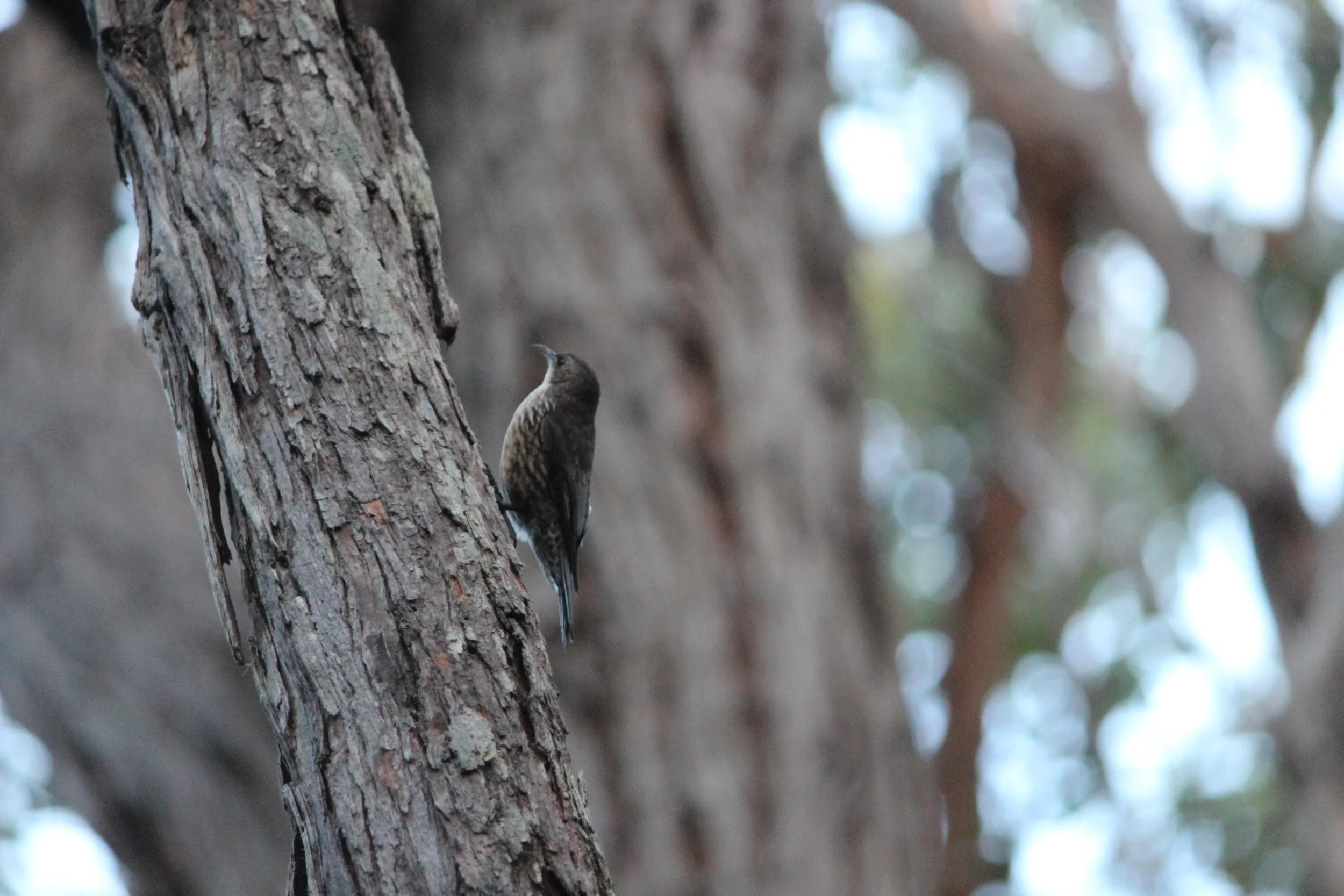
News

How does it feel when the landscape you love is on fire?
A month since the fires in the Otways started… and the Carlisle River fire has now been listed as under control. As we turn our attention to research and our response for wildlife and habitat, we’ve been reflecting on what unfolded over the past month.
So how are we doing down here at the Conservation Ecology Centre?
The words of ecologist Tamika Farley-Lehmer sum up how we’ve been feeling beautifully…

Putting Resilient Forests planning in practice
The Resilient Forests project was established in 2023 to trial new approaches to climate adaptation planning, with the foothill forests of the Otways selected as a pilot landscape.
In 2025, we set out to develop a detailed Adaptation Pathway that could guide long-term planning for the Otways foothill forests - incorporating Traditional Owner obligations, new ecological research, expert opinion, and insights from stakeholder engagement into a structured set of options for future management.

OMER Update: Spring Survey Highlights, Project Progress & 2026 Plans
Another successful round of OMER surveys was completed in October and November, with CEC staff and an enthusiastic team of volunteers surveying Marengo, Blanket Bay, Skenes Creek, Parker Inlet, and Crayfish Bay.
These seasonal surveys form the backbone of the Otways Marine Ecosystem Resilience (OMER) initiative, which is building up-to-date ecological baselines for intertidal and subtidal ecosystems along the Otway coast.
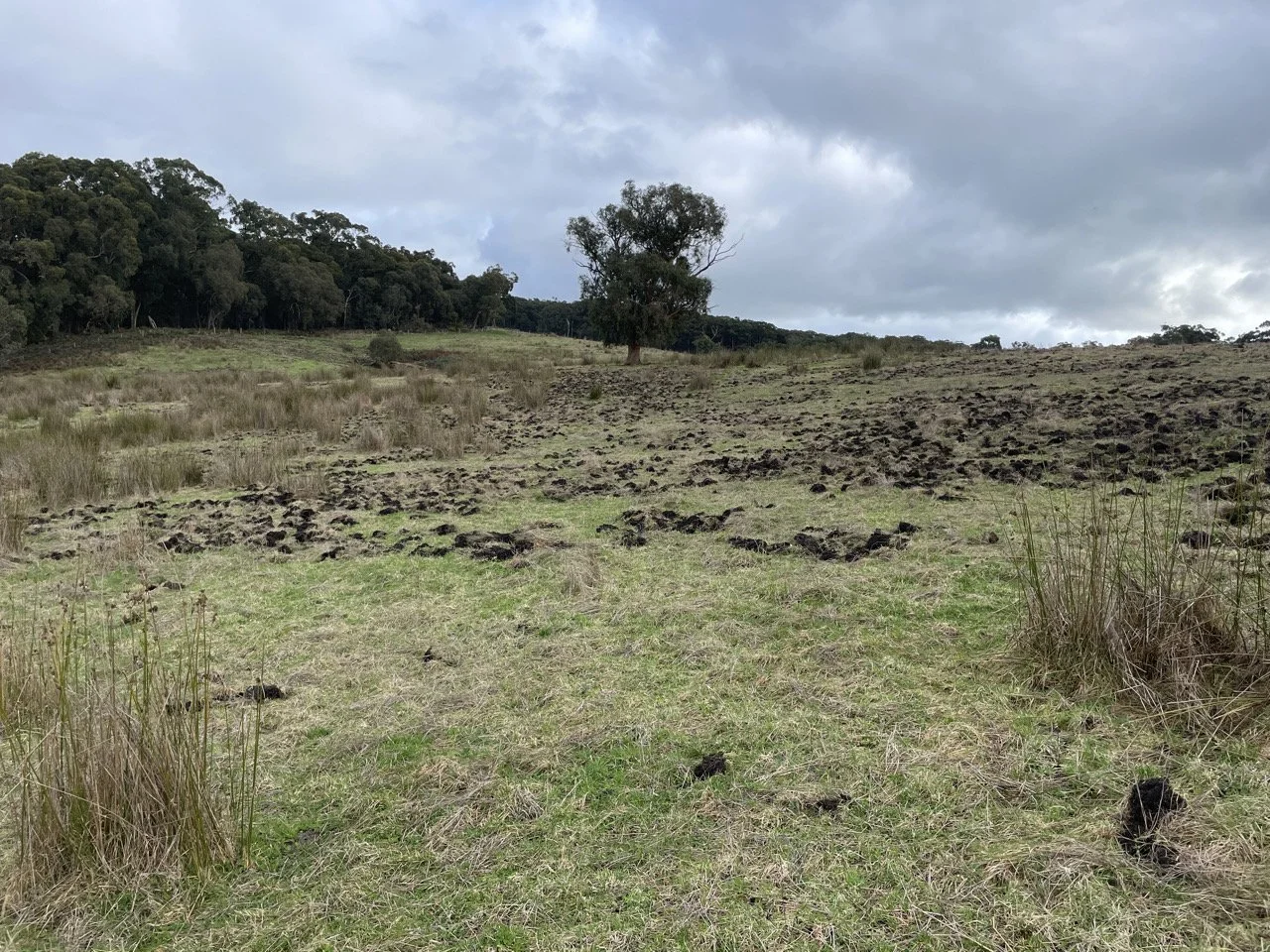
Have you seen the signs of feral pigs at your place?
Do you know what feral pig damage looks like—or how it affects pastures, waterways, and native vegetation?
You’re invited to attend a free 2-hour workshop at Echidna House, Kawarren on Thursday 20 November to learn how we can work together to manage feral pigs in the Northern Otways (from Carlisle River to Forrest; Barongarook to Beech Forest).
This is the second in a series of workshops to be held across the Otways in the next 24 months.


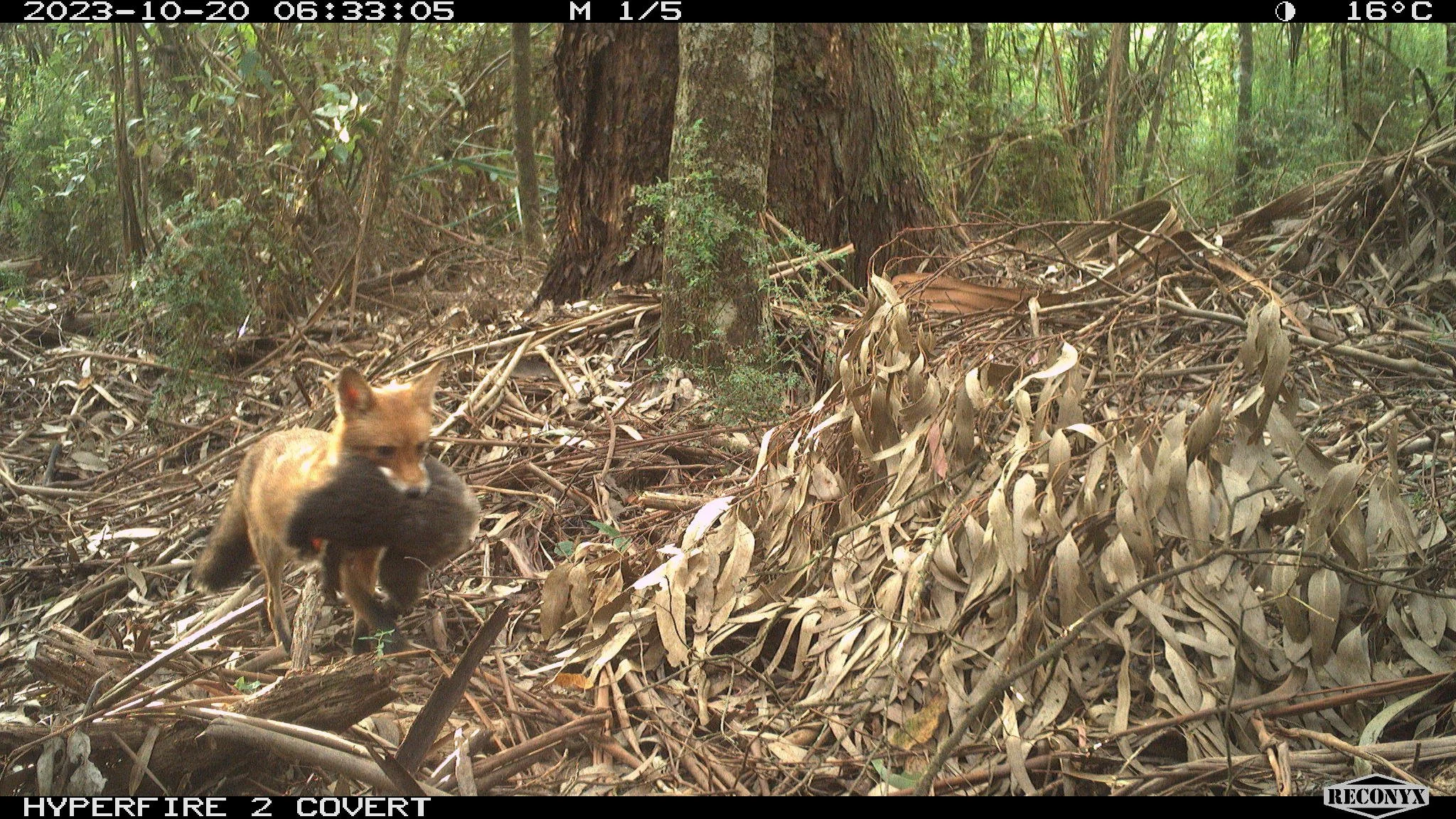
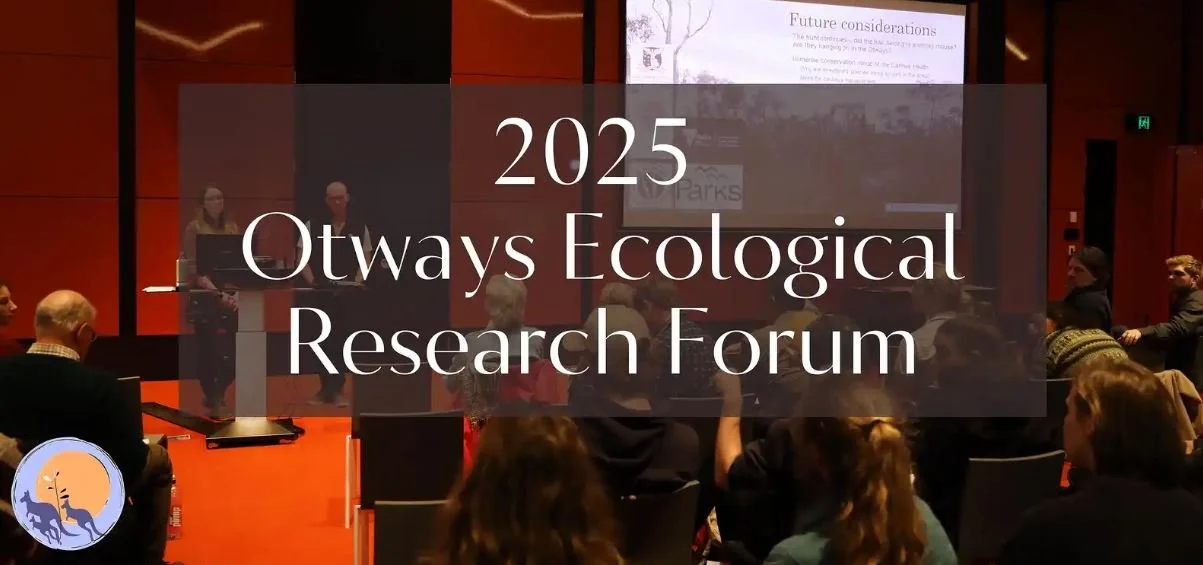
Otways Ecological Research Forum 2025
Over 230 scientists, Traditional Owners, public and private land managers, and engaged community members gathered in Colac on 26 August 2025 to hear about all the wind-swept science and conservation programs being undertaken in the Otways region.
We were thrilled to have a diverse range of speakers this year, presenting across three themes: Forest & Heath Country, Invasive Species, and Sea Country.
Videos of all the presentations are now available.
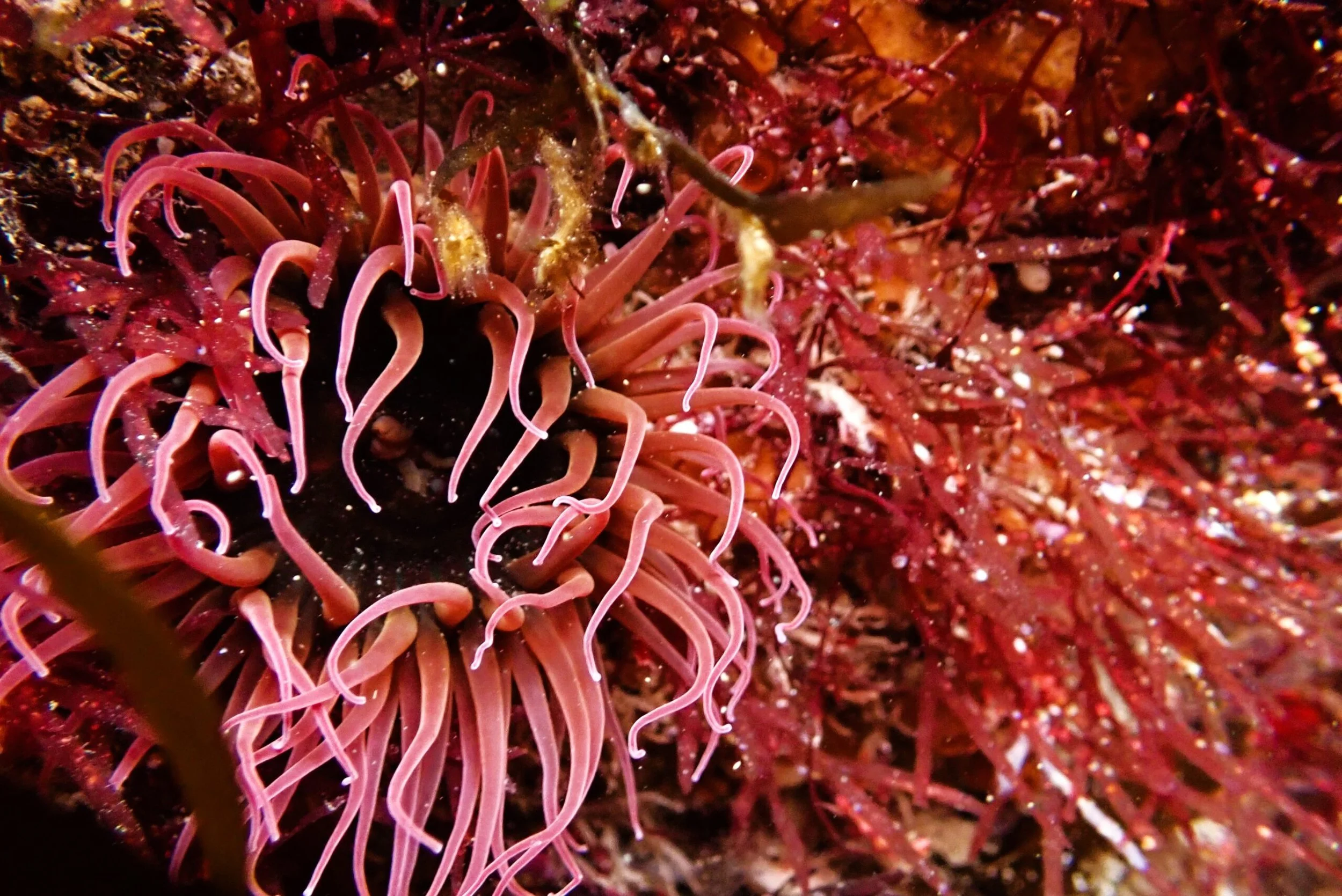
Cultural Leadership, Marine Research & Citizen Science
The Eastern Maar Aboriginal Corporation (EMAC) is playing a pivotal role in building marine resilience along Victoria’s Otways and southwest coast through a pioneering research initiative that places Indigenous bio-cultural knowledge at the core of marine conservation.
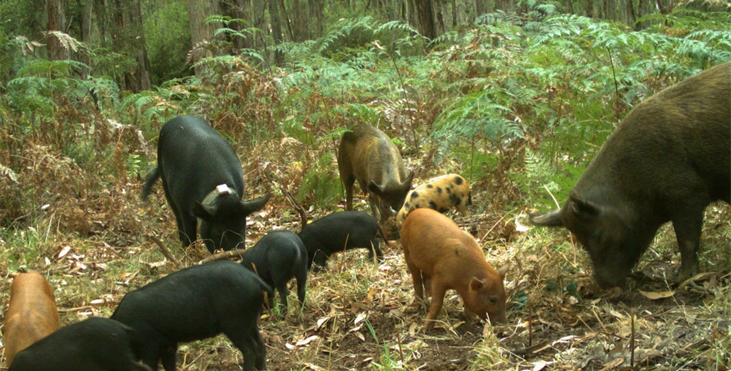
Managing feral pigs the focus of upcoming CEC workshops
Back in April, we gathered with our many project partners and collaborators to celebrate the success of the Otways Feral Pig Program and launch the next phase.

Marine Monitoring underway
Over the past few months we’ve been developing survey methodologies, selecting study sites, building up our volunteer base and putting together training materials, field guides and maps for upcoming fieldwork.
Volunteer training in intertidal and subtidal survey methodology was held on 17 March

Writing Great Ocean Landscapes – Sunday 15 June in Jan Juc
Jock and Gregory will discuss their passion for South-West Victorian landscapes and seascapes and how they have shaped their writing, exploring their intoxication and some of the challenges they face with CEC ecologist and marine specialist, Dr. Kay Weltz. The conversation will be moderated by the wonderful Liz Waters, long-time friend of the CEC and champion of our ocean.
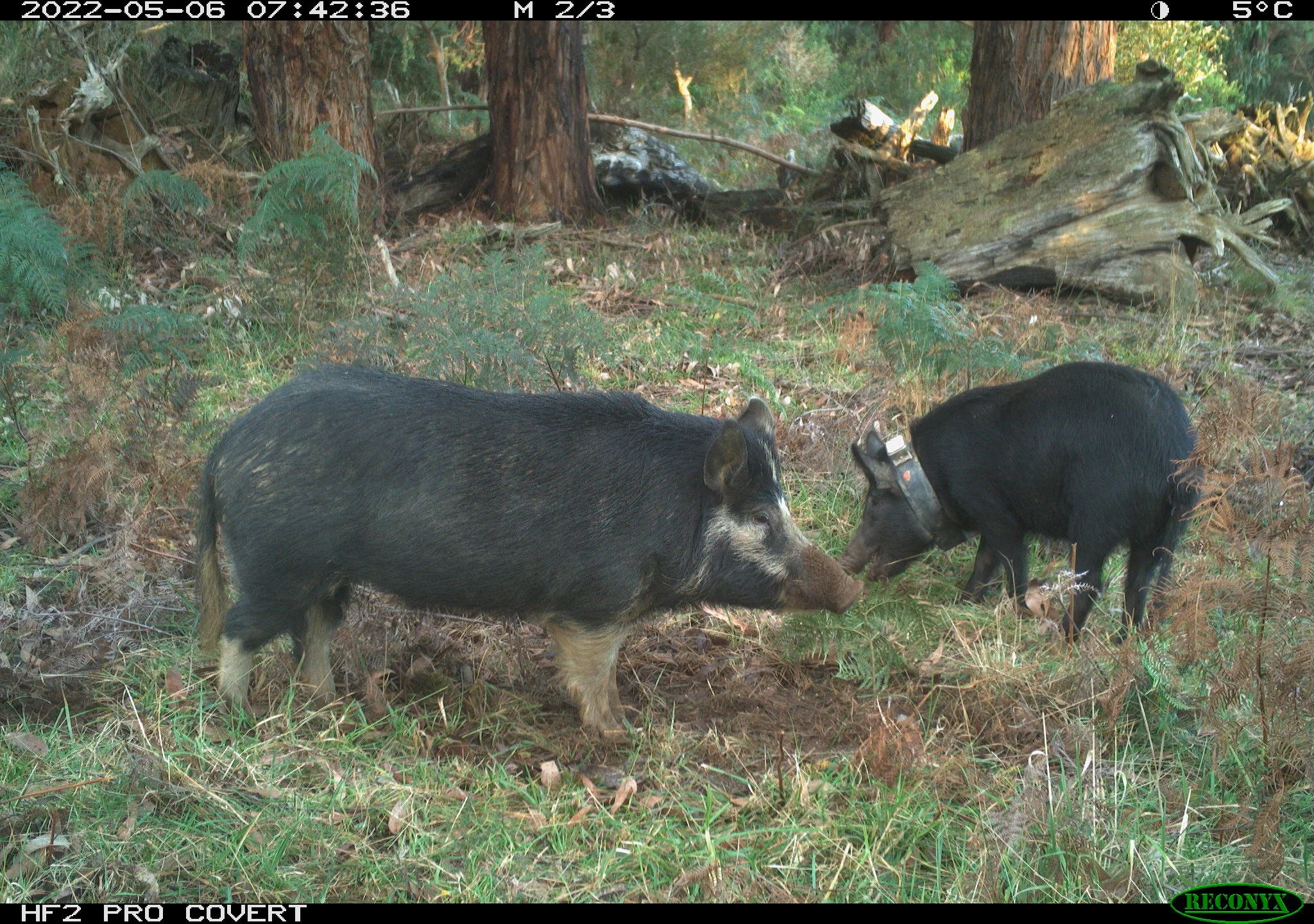
The Big-Pigture: funding success
We are thrilled to share that we were recently successful in obtaining additional funding to further our highly successful multi-tenure pig management program, which we have been delivering across the Otways for the past five years.
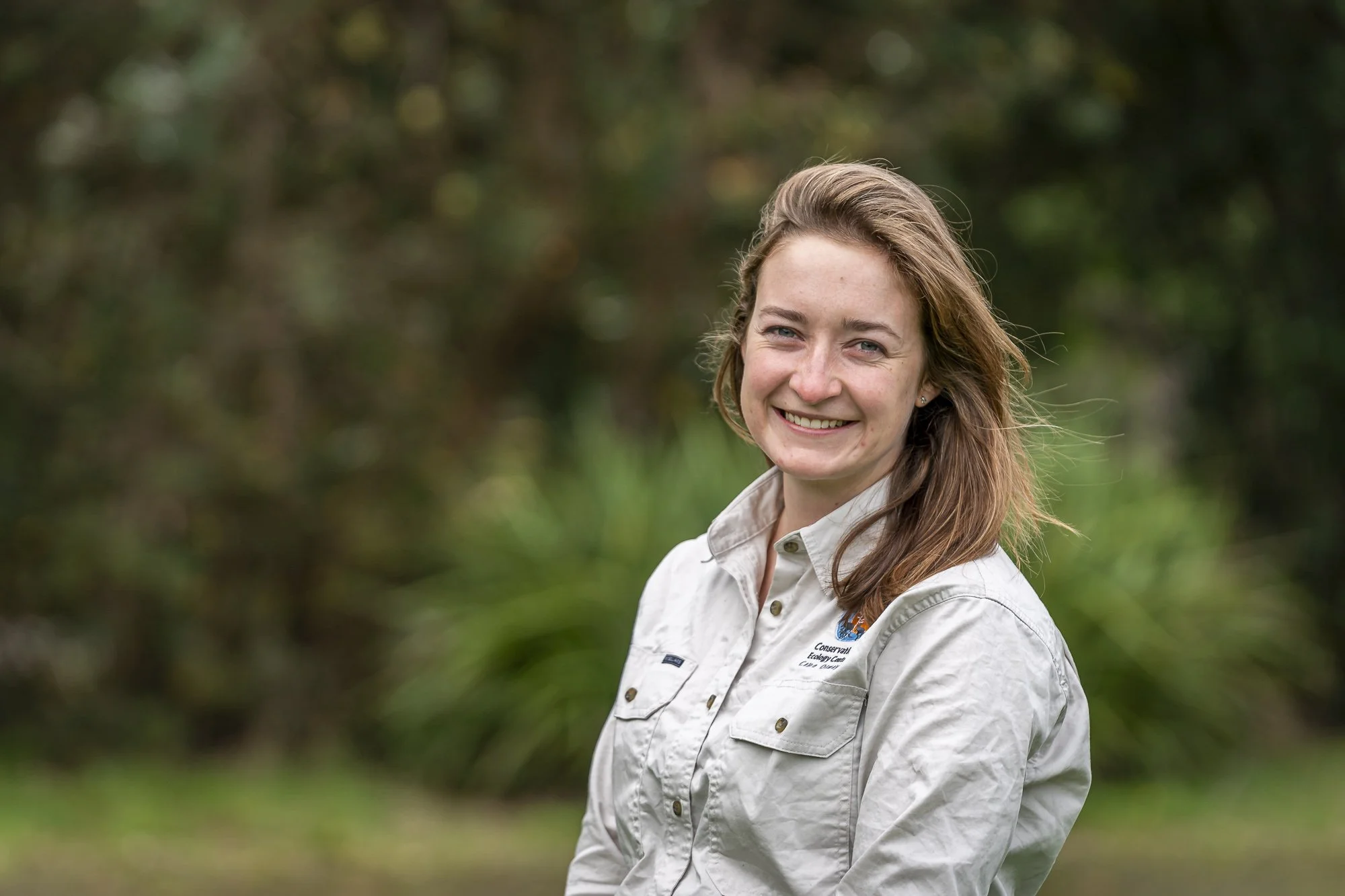
How does shrub encroachment fundamentally change mammal communities
Tamika Farley-Lehmer (she/her) began working in the fire space as a forest firefighter in 2019, before moving into fire ecology. In her ecologist role, she focussed on implementing science-based burning regimes in the Otways region with the Conservation Ecology Centre. She collaborated on various projects studying the relationships between fire, plants and animals, including animal movement, predator and prey interactions, habitat utilisation, and post-fire plant responses.
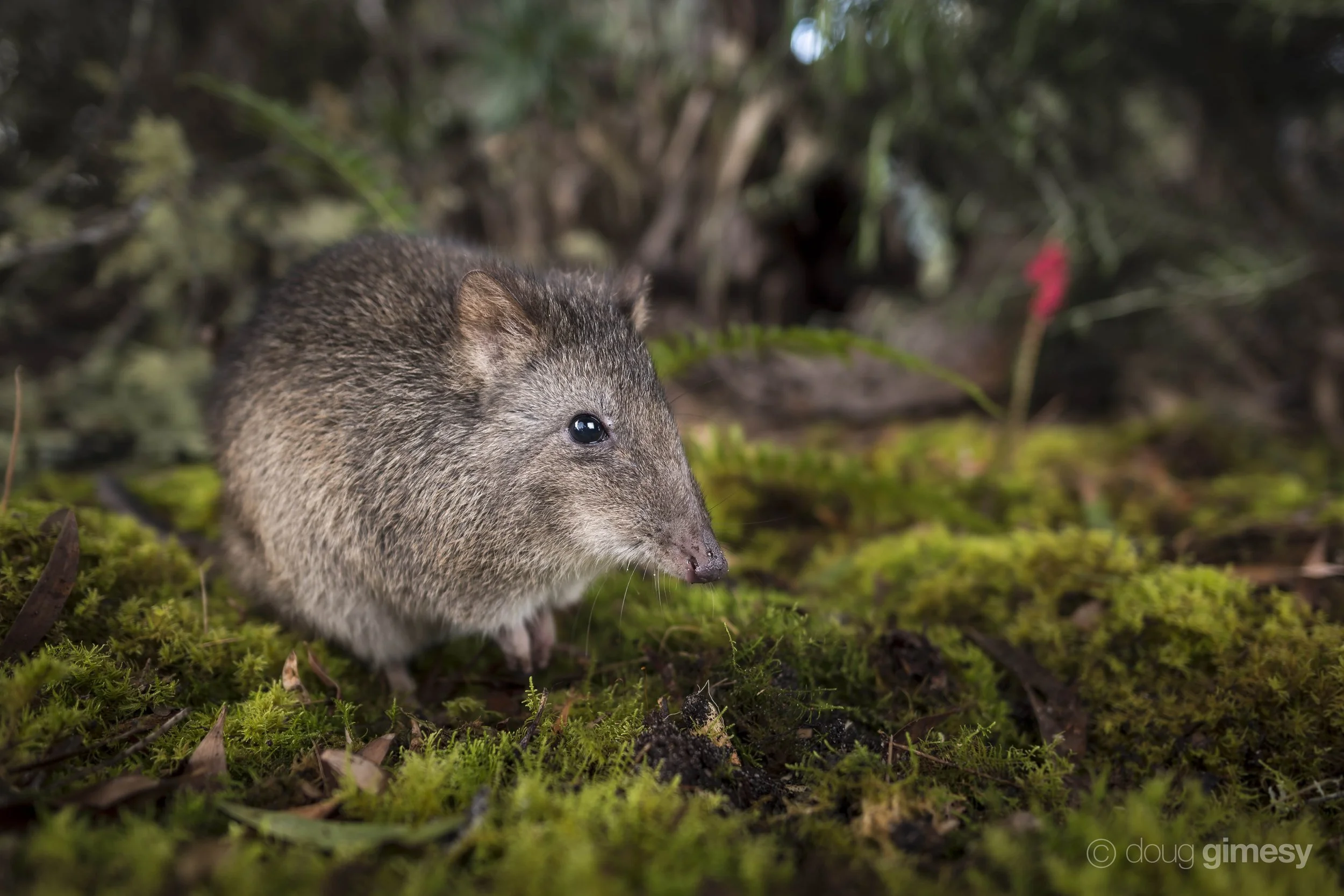
Prescribed fire creates an ecological trap for a mycophageous mammal
Fire offers both opportunities and risks for many species. Its impacts will depend on the scale of the fire, the animal’s movement decisions and capacity, and how fire alters the distribution and abundance of key resources.
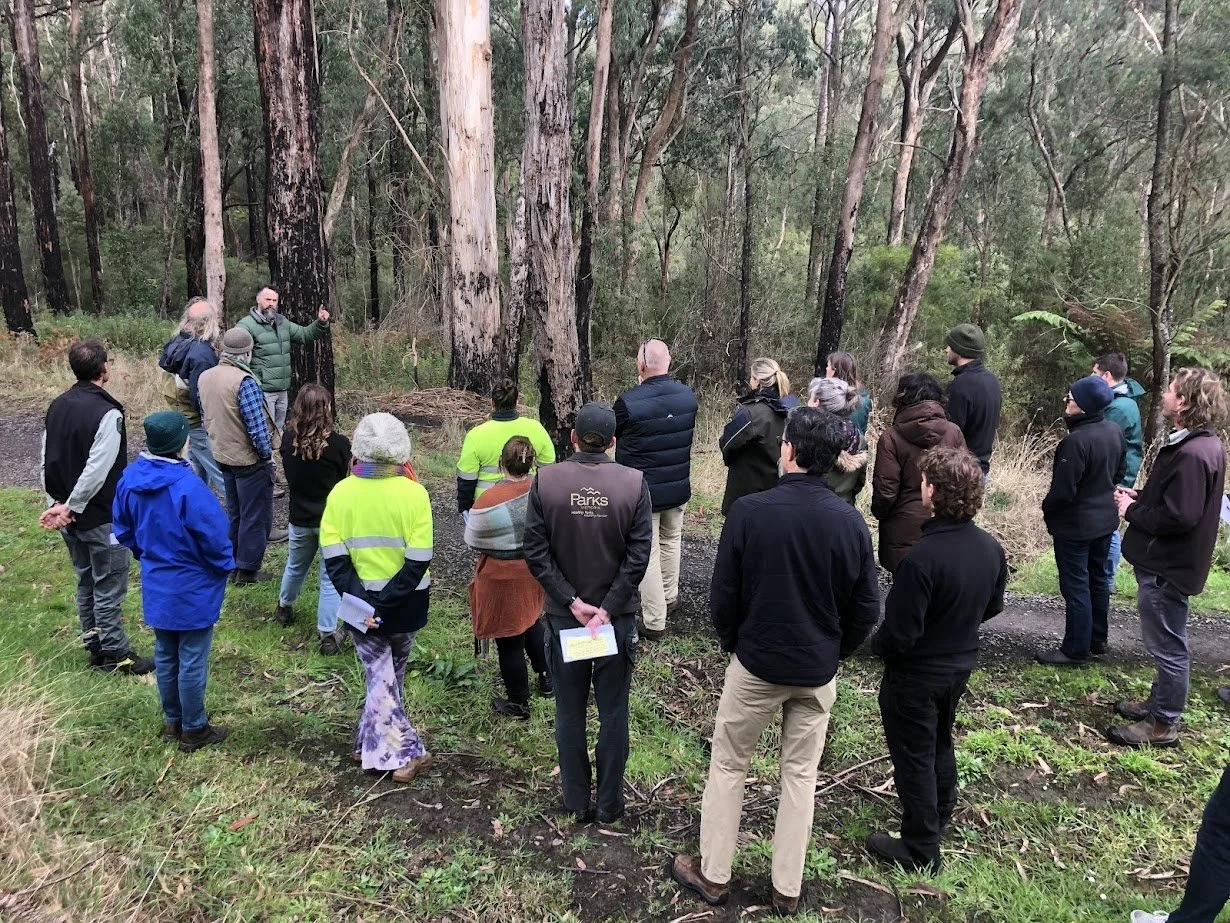

Caring for koala woodlands
In recent decades manna gum woodlands suffered dramatic declines due to inappropriate fire regimes and high Koala densities.

